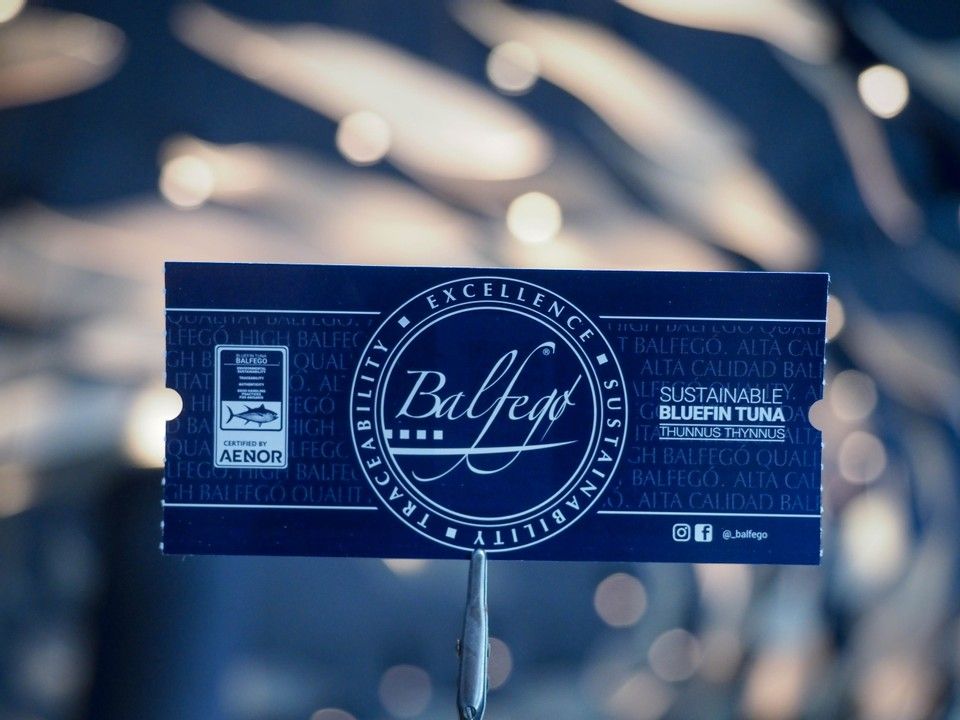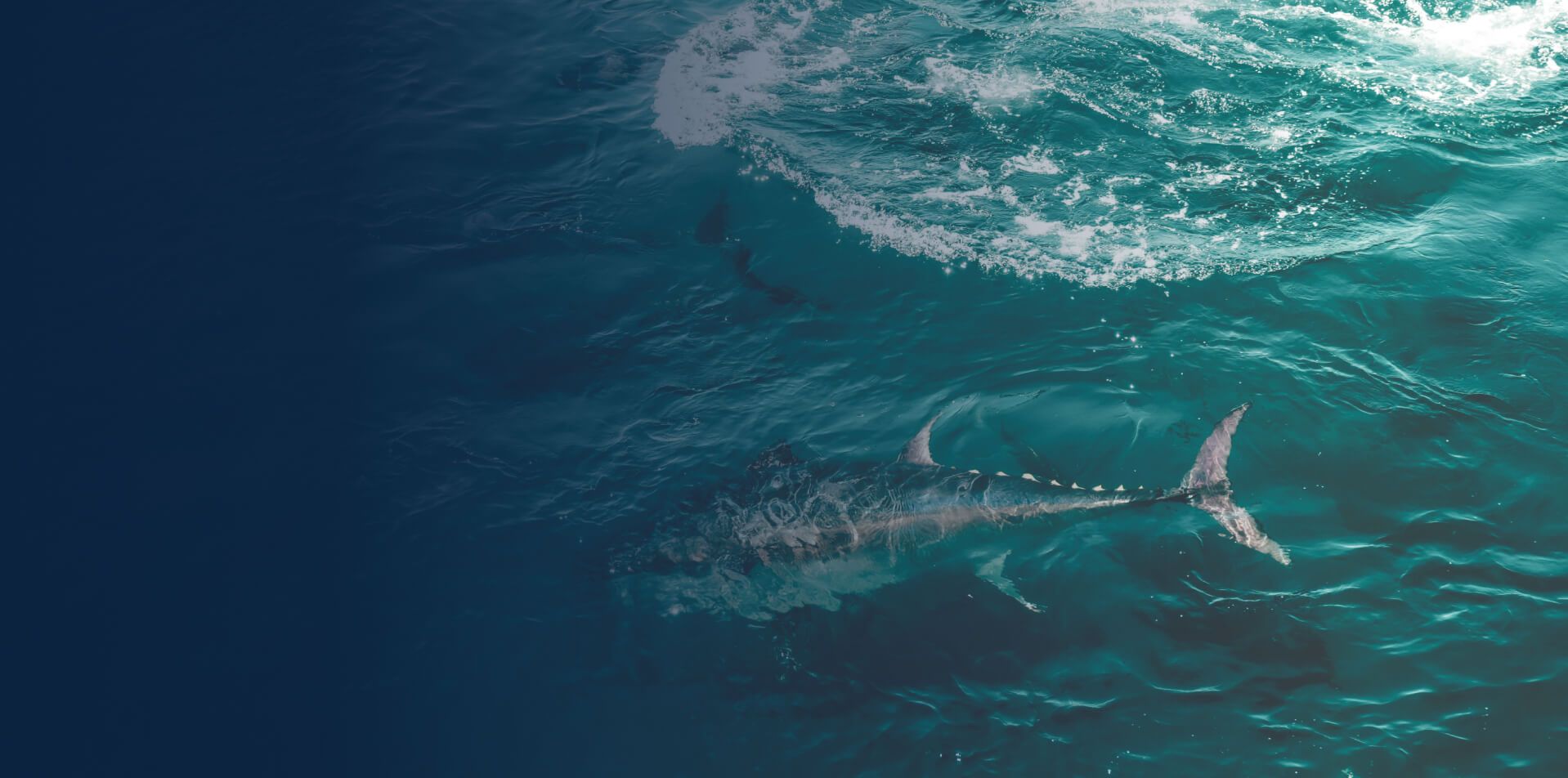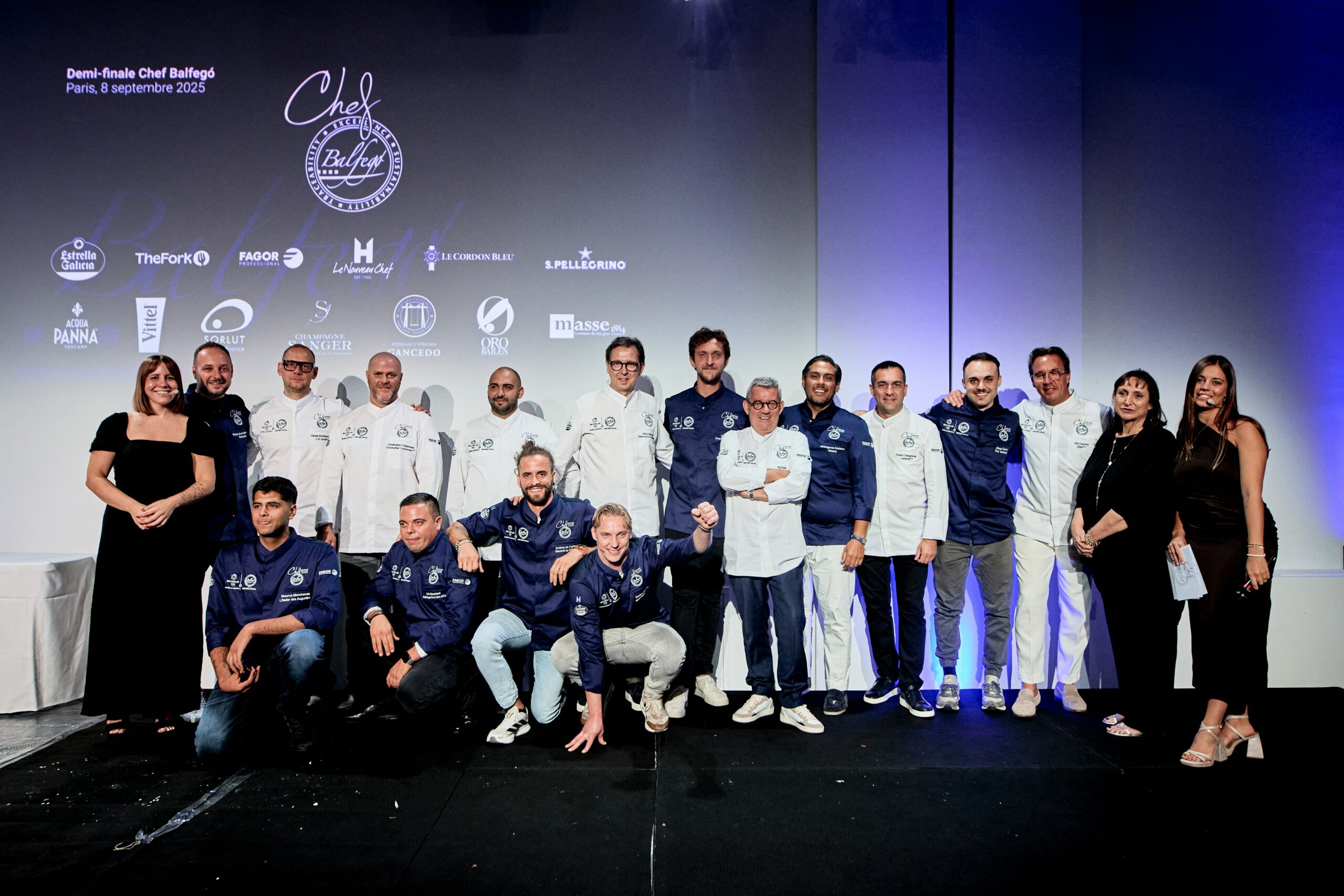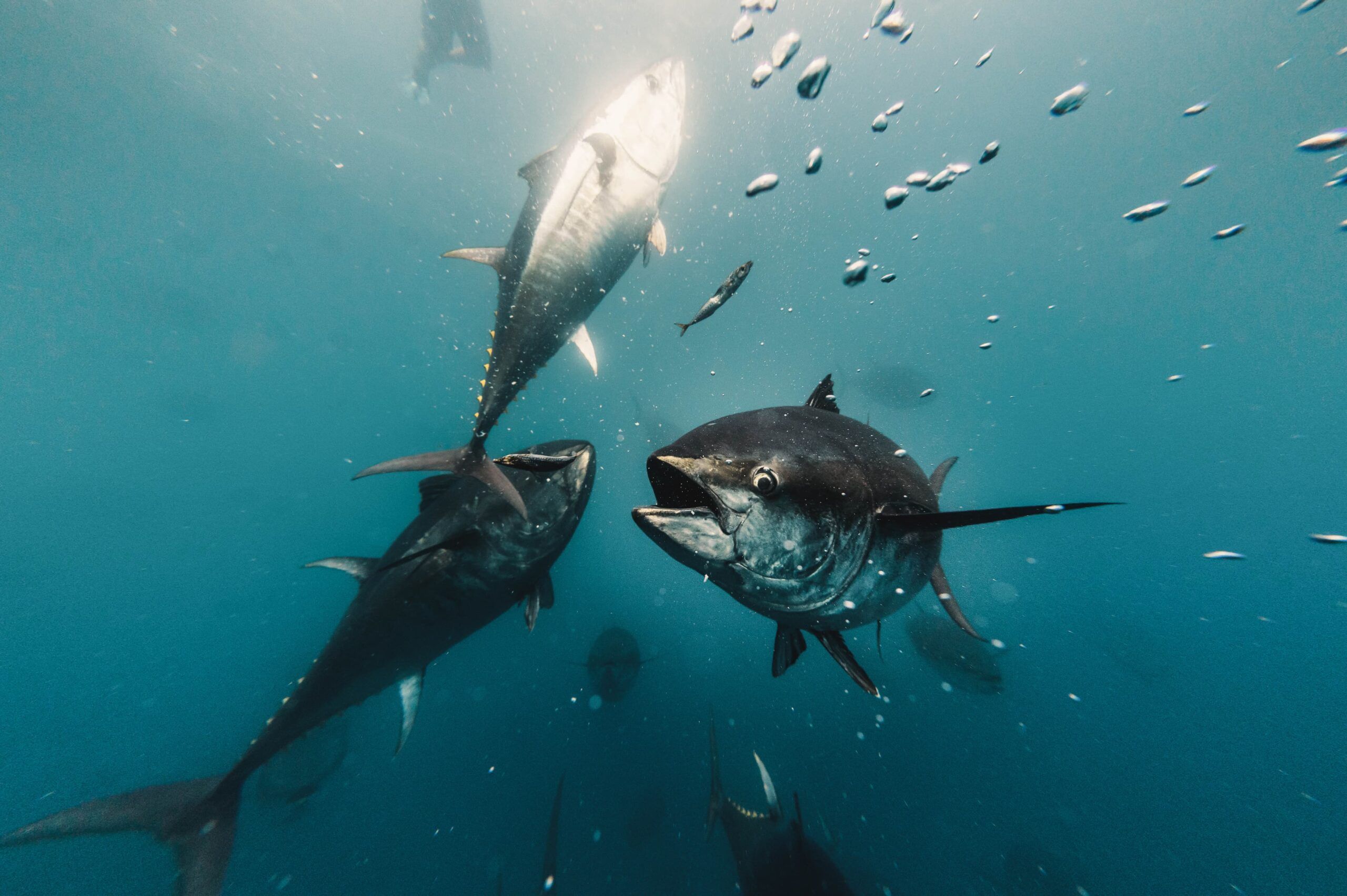
The optimal percentage of Balfegó bluefin tuna fat makes it the best in the world
At an international level, Bluefin tuna is one of the most appreciated products in haute cuisine. It has both the protein and fat from the sea, a healthy fat rich in Omega-3 that is increasingly valued by professional cooks and tuna lovers.
In fact, the bluefin tuna weight and fat percentage matters, and it is what makes bluefin tuna different from other tuna. The United States market is the one that most values fat, followed by Japan. At the moment, it’s not valued as highly in Spain, although this is changing and Spain is now beginning to demand fish with an increasingly higher fat percentage.
So, a lot of fat, little fat…how do we know? At Balfegó, we are the only company in the world that is capable of measuring the bluefin tuna weight and fat, and we do it by percentage and this allows us to adapt ourselves to the different tastes of our clients.
How we achieve an optimal fat percentage of Balfegó bluefin tuna
Fat is what determines the taste, quality, and use of each part. Balfegó’s bluefin tuna has between 8 and 12% of fat, an optimal and highly valued percentage in the United States.
Calculating the optimal level of bluefin tuna weight and fat starts in the fishing process. At Balfegó, we capture wild bluefin tuna in the Western Mediterranean during May and June and we bring them, alive, to our aquacultural facilities located on the Mediterranean coast of L’Ametlla de Mar, around 100km from Barcelona.
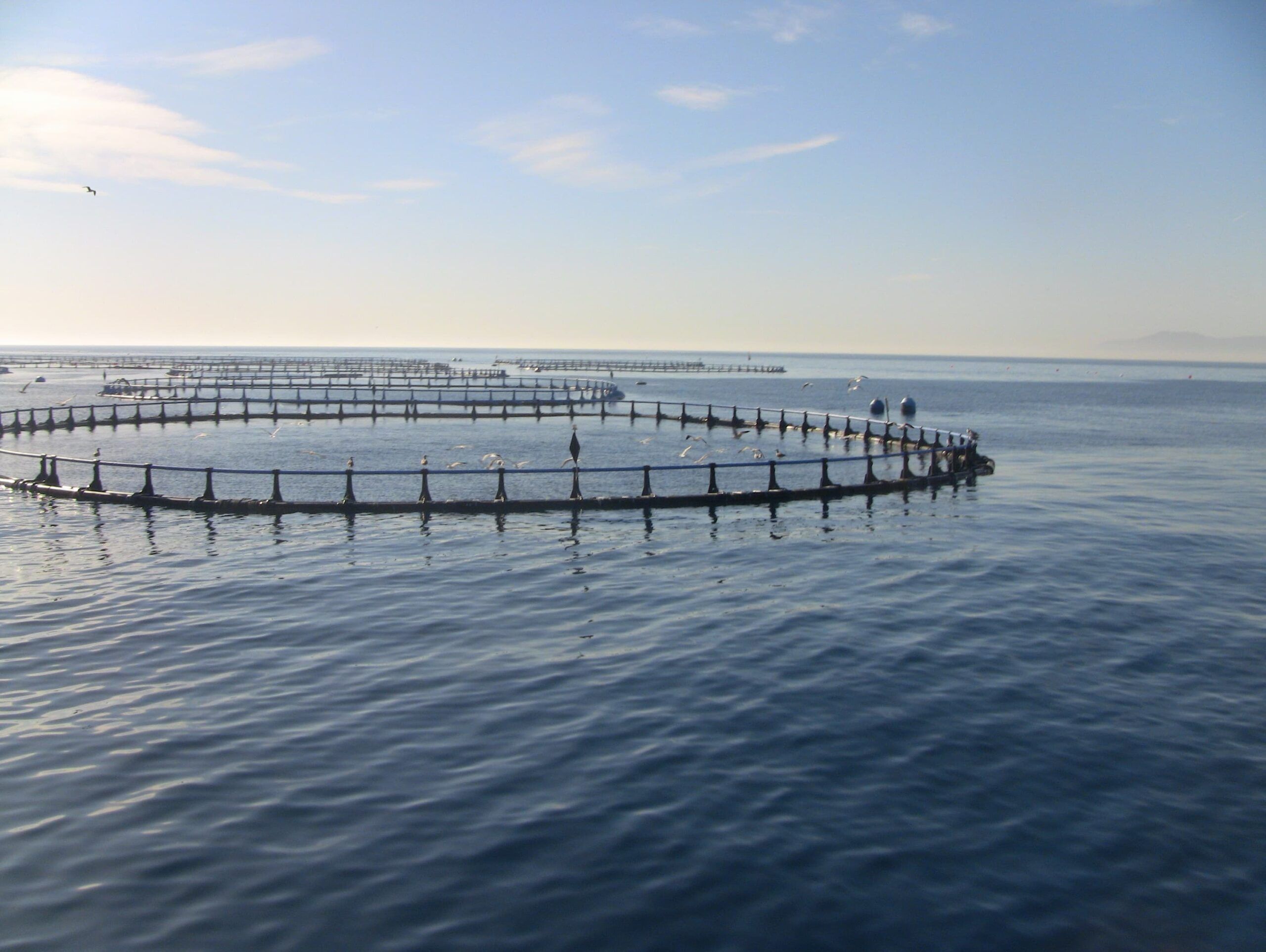
During the transport over many kilometers, the tuna lose some of their body fat. At Balfegó, we feed them until they recover their body fat and are at the optimal fat percentage. The feeding is exclusively based on oily fish, specifically sardines, herring and mackerel, which is what they would eat in their natural habitat. This is one of the factors that makes Balfegó the best bluefin tuna provider in the world.
Another factor is that we only extract tuna on demand, and this allows us to sell fresh bluefin tuna 365 days a year with constant and assured quality, unique in the market.
Balfegó is the only company in the market capable of measuring the fat of bluefin tuna
The tracking system we developed is a first in the market. Through a QR code, both the diner and chef can see the fat percentage of the fish that they are working on or eating. It’s a unique system in the fishing world and proof of our commitment to sustainability and transparency.
The system also is a food and legal security guarantee for the product, not just for the catching, but also throughout the entire supply chain. It is efficient and easy to control.
Balfegó’s Department of Innovation and Sustainability is constantly working to promote responsible consumption and total transparency so that both chefs and diners can access all the information they desire about each fish. Each fish is individually identified with a tracking code that provides information about the origin and fishing date of the product, as well as its fat percentage and quality, microbiological, and environmental sustainability certificates. Diners can access this information through a QR code that accompanies each plate that has Balfegó bluefin tuna.
Bluefin tuna, preferred for being the fattiest tuna on the market
As we’ve mentioned, bluefin tuna is different from the rest of tuna because it filters and stores the most fat in its body. This is because bluefin tuna (Thunnus thynnus) is from both sides of the Atlantic, both western and eastern, and also from the Mediterranean Sea; the vast majority are from waters so cold that the animal needs to increase its body fat to adapt to the change in temperature. Other types of tuna, such as bigeye tuna (Thunnus obesus) or yellowfin tuna (Thunnus albacares) come from tropical waters and therefore much warmer conditions that are not ideal for the accumulation of body fat.
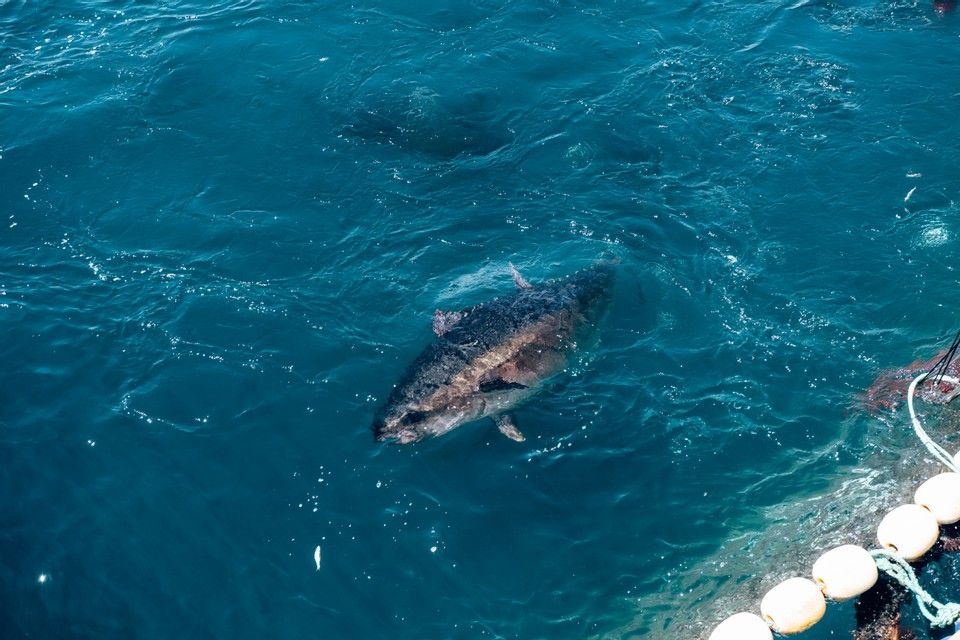
Although it was a previously seasonal product, Balfegó’s feeding system has allowed the company to offer chefs bluefin tuna year round with its unique quality tracking system.
In addition, to ensure this optimal level of fat, we use our measurement system to reveal the fat percentage of each piece. Based on this, we choose the best specimens in our selection process; only this way are we able to meet the specific demands of each of our clients.
What are the fattiest parts of bluefin tuna?
Bluefin tuna fat provides flavor, texture, and is key when it comes to cooking. And, the fat proportion is not equal throughout the entire fish. For example, fatty tuna is very different from akamai and chutoro, which are two parts of the loin.
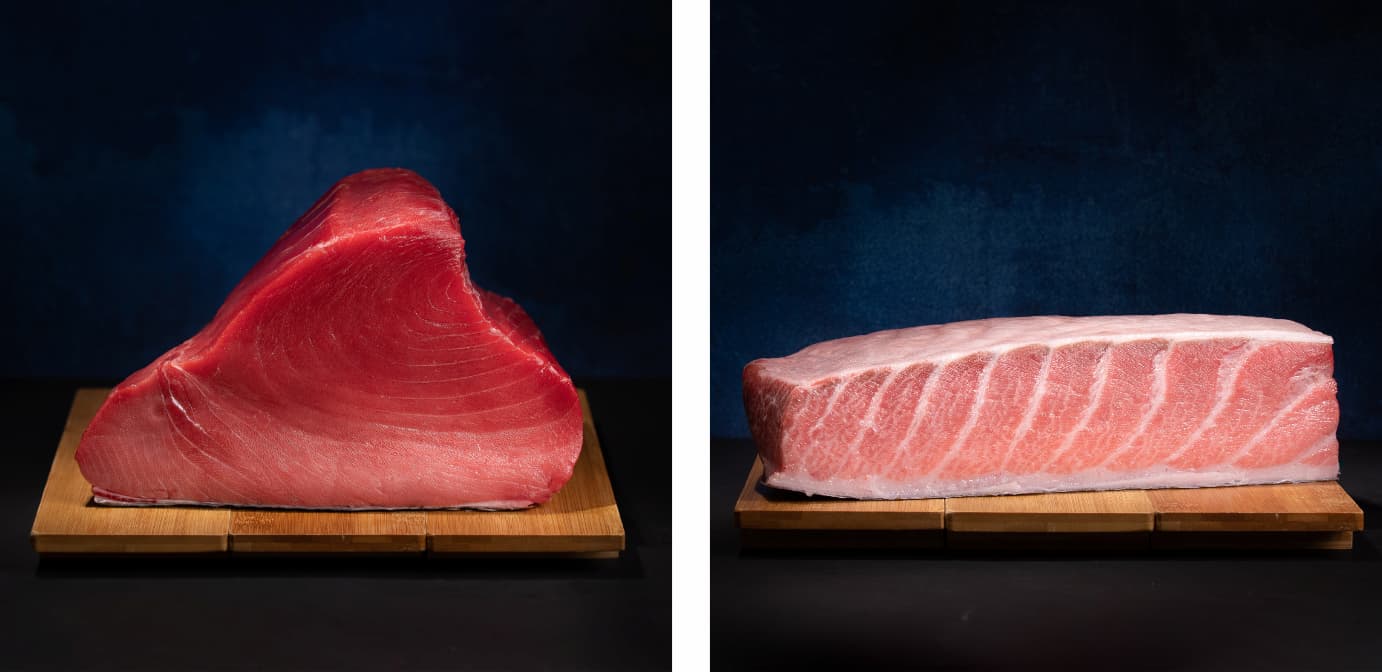
If we are thinking of cooking some cuts in their own fat, it would be best to opt for these three: the loin (different from the akami and chutoro), the ventresca, and the morrillo.
In short, when we think of bluefin tuna, Balfegó’s is undoubtedly the best.




